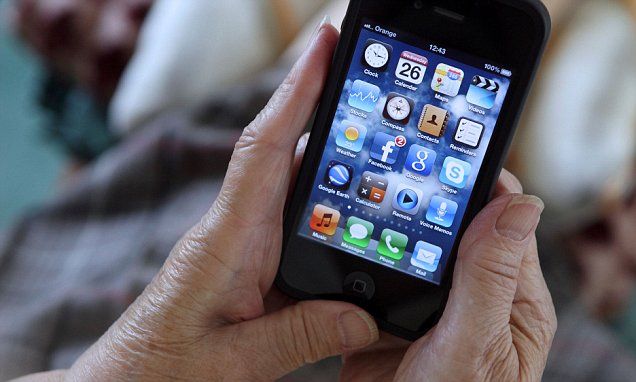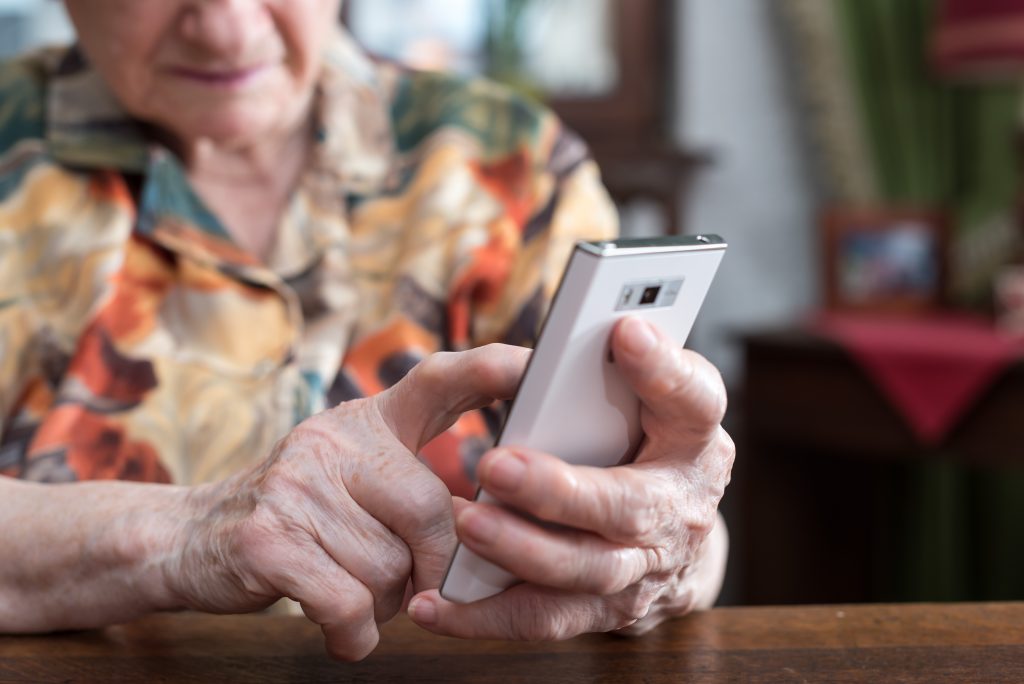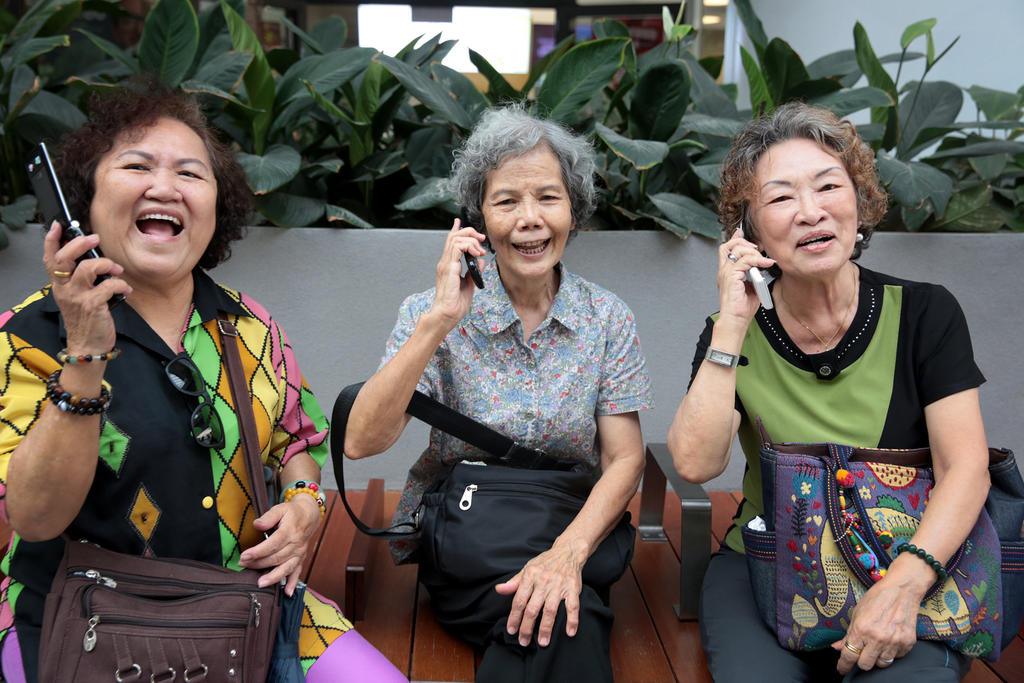In a classroom in a residential community in Hefei, Anhui province, Zhao and her 30 classmates, all senior citizens and most wearing reading glasses, all come to learn how to shop on their smartphones.
“We offer a course that teaches senior citizens how to use their smartphones to scan health-tracking QR codes, make online purchases, register for hospital visits and shoot short films for the video-sharing app TikTok,” course founder Liu Li said.
Liu, 40, has been providing services for the elderly for 10 years. After learning that many of them are confounded by the use of digital devices in their daily lives, she set up the smartphone course in August to help them cross the digital divide.

Official data shows that by the end of 2019, some 150 million Chinese citizens age 60 and older still hadn’t used the internet.
While the COVID-19 outbreak helped accelerate the development of the digital economy and technologies, it also highlighted the barriers many older people face in accessing smartphone services.
“During the epidemic, scanning a health-tracking QR code is required when going to the supermarket or taking a bus,” 63-year-old course participant Liu Shaomin said.
“As I didn’t have a smartphone, I couldn’t do many daily chores.”
Instructor Huang Zhen said the course started with the basics of smartphones, and the learners were all very enthusiastic. Some lessons were at metro stations, hospitals, parks, or shops to give the learners real-life experiences.

Over several months, the number of course participants grew from about 10 to more than 60, with the ages ranging from 60 to 90.
“Now I can read the news, buy train tickets and book tickets for tourist attractions on my smartphone,” Zhao said. “Scanning health-tracking QR codes is also a piece of cake for me.”
The first thing Liu Shaomin did after starting the course was to buy a smartphone. Now, after more than 20 lessons he has acquired many skills. “I can do many things that young people do, such as making payments on WeChat, scanning health-tracking QR codes, and taking notes on my smartphone,” he said.
Central authorities have also moved to help elderly people cross the digital divide. Last month, the Ministry of Industry and Information Technology launched a year-long nationwide campaign to make online applications more elderly-friendly.
“In the development of society, senior citizens can’t be left unattended. They may lag behind for a while, but when we help them clear the barriers, they will catch up,” Liu Li said.
According to global.chinadaily.com.cn















